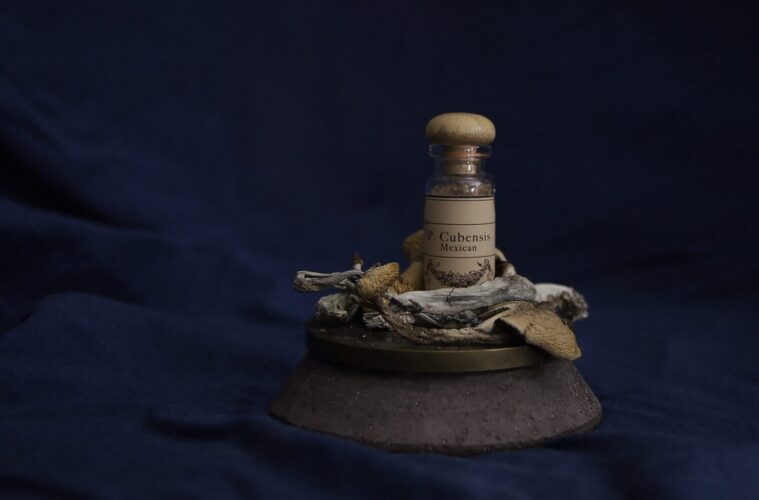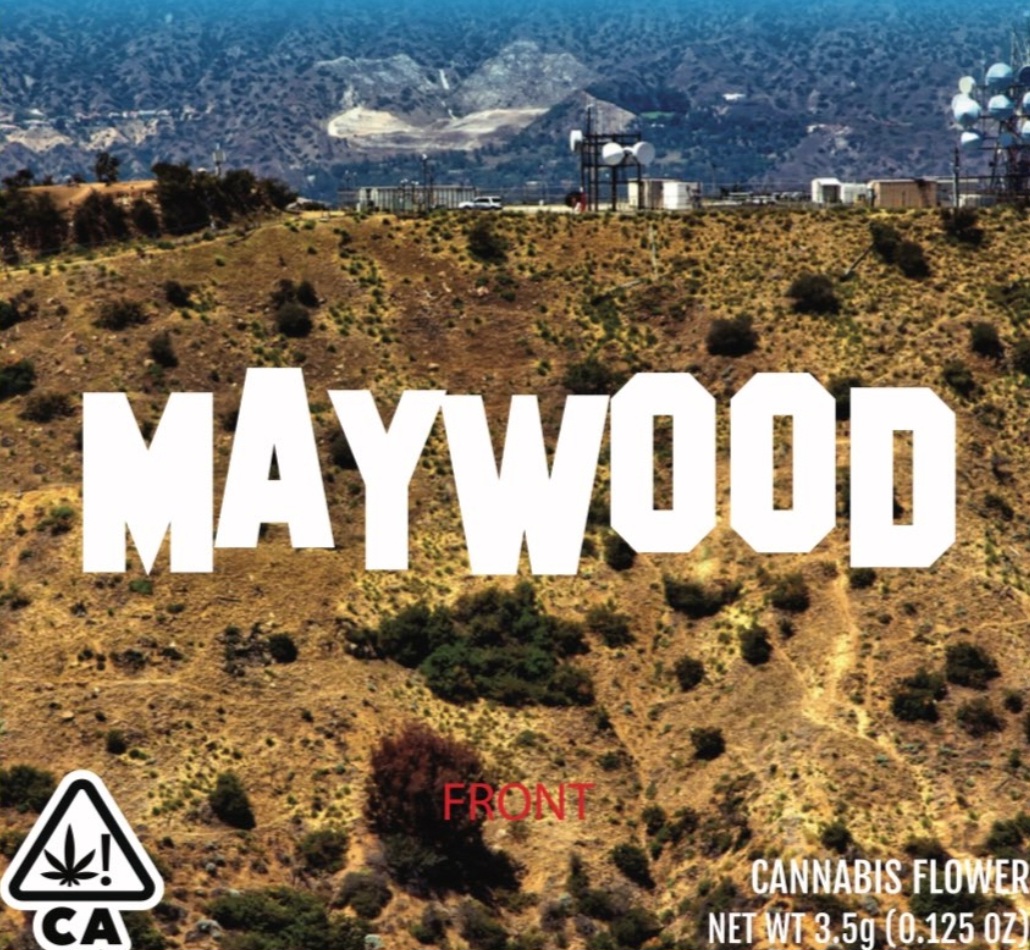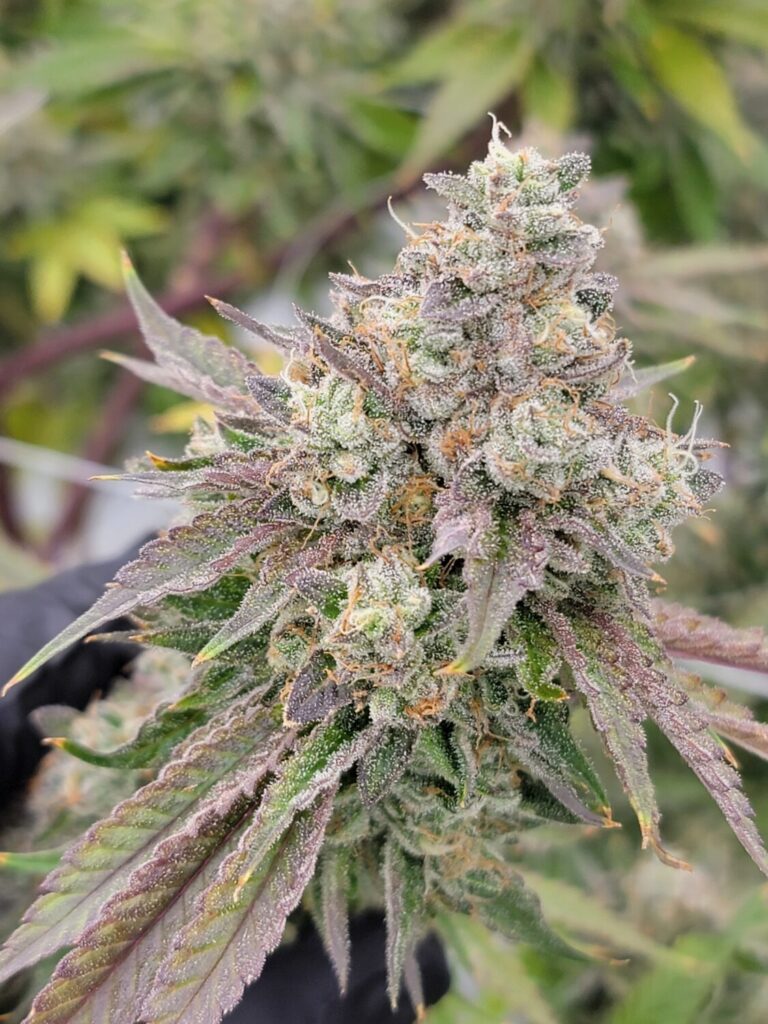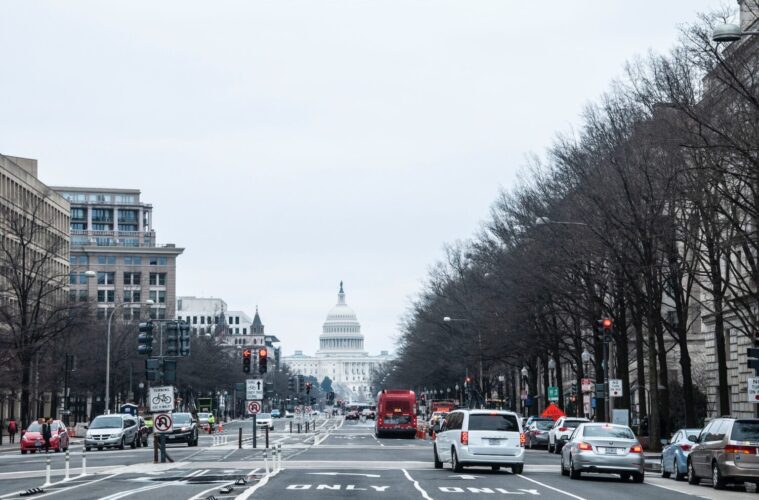PSYCHEDELIC DECRIMINALIZATION BILL PASSES CA ASSEMBLY
Photo: Pretty DrugThings/Unsplash PSYCHEDELIC DECRIMINALIZATION BILL PASSES CA ASSEMBLY The California State Assembly passed this year’s effort at psychedelic decriminalization, sending it off to a Senate that has already passed it previously for a final stamp before heading on to the Governor’s desk. Things look good for psychedelic decrim in The Golden State. Senate Bill 58 would…
 Photo: Pretty DrugThings/Unsplash
Photo: Pretty DrugThings/Unsplash
PSYCHEDELIC DECRIMINALIZATION BILL PASSES CA ASSEMBLY
The California State Assembly passed this year’s effort at psychedelic decriminalization, sending it off to a Senate that has already passed it previously for a final stamp before heading on to the Governor’s desk.
Things look good for psychedelic decrim in The Golden State. Senate Bill 58 would remove criminal penalties for the personal possession of certain naturally occurring psychedelics. The list includes psilocybin/psilocin, Dimethyltryptamine (“DMT”), and mescaline.
Peyote is excluded to prevent drug tourism from leading to its extinction in the wild. Indigenous users in California already have federal protections, so they don’t need to worry about it.
Before sending it back to the Senate after its 42-13 vote, the Assembly added amendments to establish a working group under the California Health and Human Services (CalHHS) Agency. It would be tasked with issuing a recommended framework governing the future therapeutic use of the substances specified in this bill. The working group would be mandated to issue that report laying out the plan by Jan. 1, 2025.
There would also need to be another bill that came out of that report that would officially implement whatever the guidelines and structure of everything are figured out.
“California’s veterans, first responders, and others struggling with PTSD, depression, and addiction deserve access to these promising plant medicines,” said Senator Scott Wiener, who continues to lead the effort. “SB 58 has prudent safeguards in place after we incorporated feedback from three years of deep engagement with a broad array of stakeholders. We know these substances are not addictive, and they show tremendous promise in treating many of the most intractable conditions driving our nation’s mental health crisis. It’s time to stop criminalizing people who use psychedelics for healing or personal well-being.”
After the victory, Weiner took to Instagram to thank the veterans and medical professionals who helped push the bill across the finish line in the Assembly.
“Every day that criminal penalties prevent veterans from accessing psychedelic plant medicines is a day their lives are at risk,” said Jesse Gould, veteran and founder of the Heroic Hearts Projects. “Psychedelics helped heal the unseen scars from my service in the War on Terror after traditional medicine failed me for years. Since then, I’ve dedicated my life to educating veterans in the safe and effective use of psychedelics. Removing criminal penalties for the use of these substances will help that work, not hurt it.”
Heroic Hearts connects veterans to psychedelic therapy for treating complex trauma and has become an international voice for veterans demanding effective mental health treatment options. Gould was originally cured of his PTSD during an ayahuasca retreat in the jungles of Peru. Quickly realizing its impact on his life, he founded Heroic Hearts in 2017 to help fellow veterans try to get the same level of personal healing he achieved in the jungle.
Other advocates were also excited about the potential relief for veterans. Currently, veteran suicide rates are 1.5 times that of the general public.
“I was against psychedelics until I was in a dark place, and the V.A. helped me through psychedelic research with my severe PTSD,” said Courtney Ellington, executive director of One Vet One Voice. “When we decriminalize psychedelics, we help those who are trying to help themselves. Psychedelic decriminalization equals street drug prevention, suicide prevention, and an opportunity to build a better community.”
In addition to Weiner, SB 58 is co-authored by Senator Josh Newman (D-Fullerton) and Assemblymembers Evan Low (D-Silicon Valley), Matt Haney (D-San Francisco), Isaac Bryan (D-Los Angeles), Lola Smallwood-Cuevas (D-Los Angeles), Alex Lee (D-Fremont), and Buffy Wicks (D-Oakland). Assemblymember Ash Kalra (D-San Jose) is a principal co-author.










 Photo: Maria Oswalt
Photo: Maria Oswalt